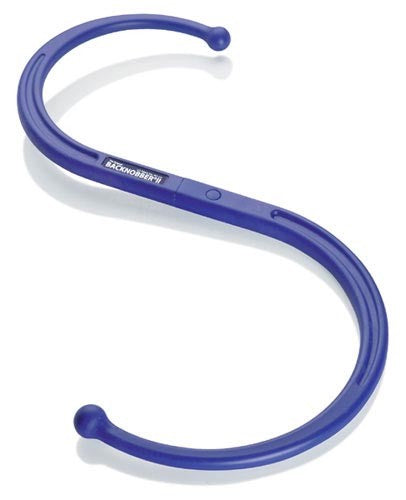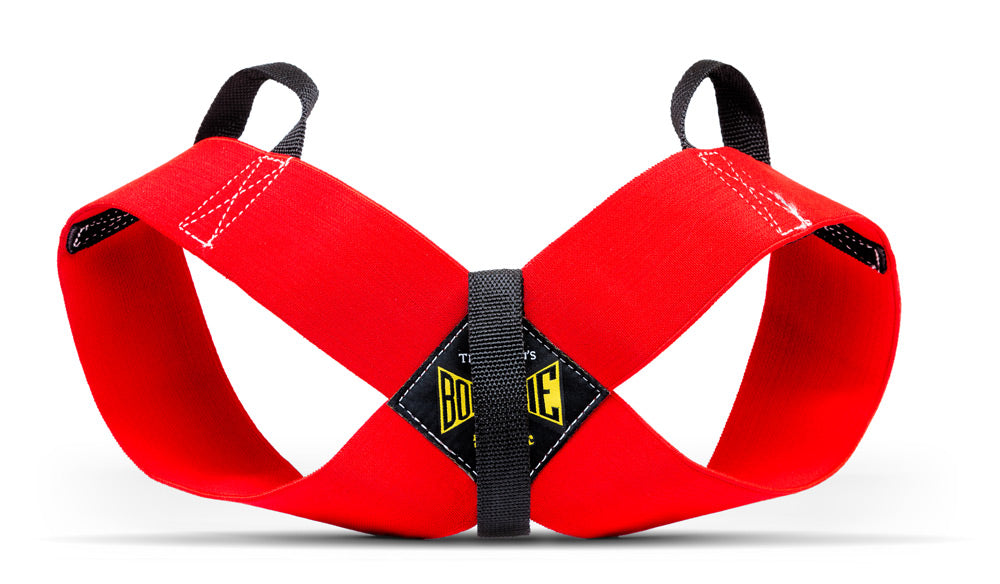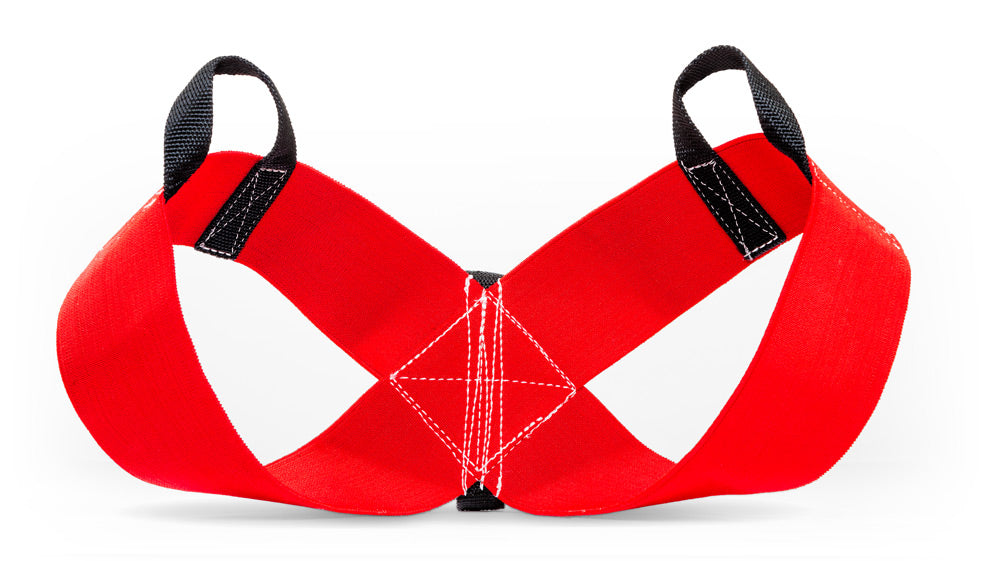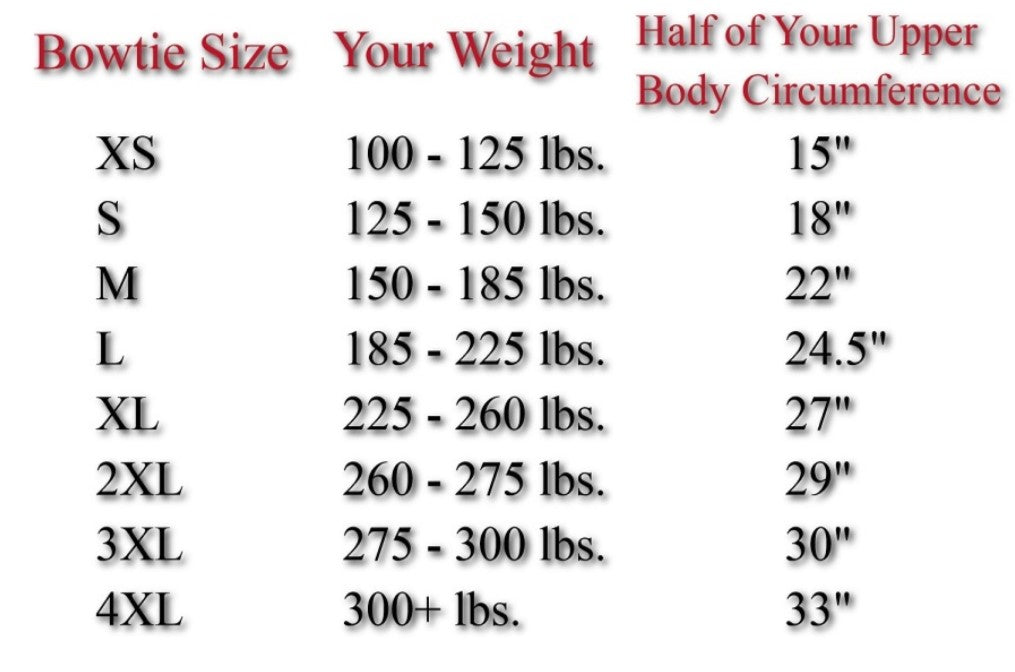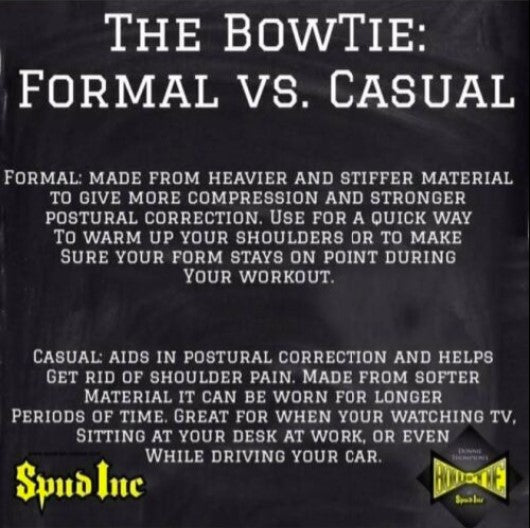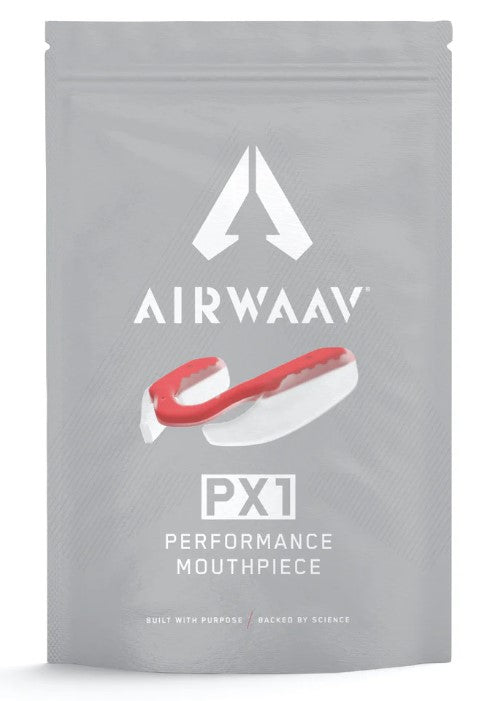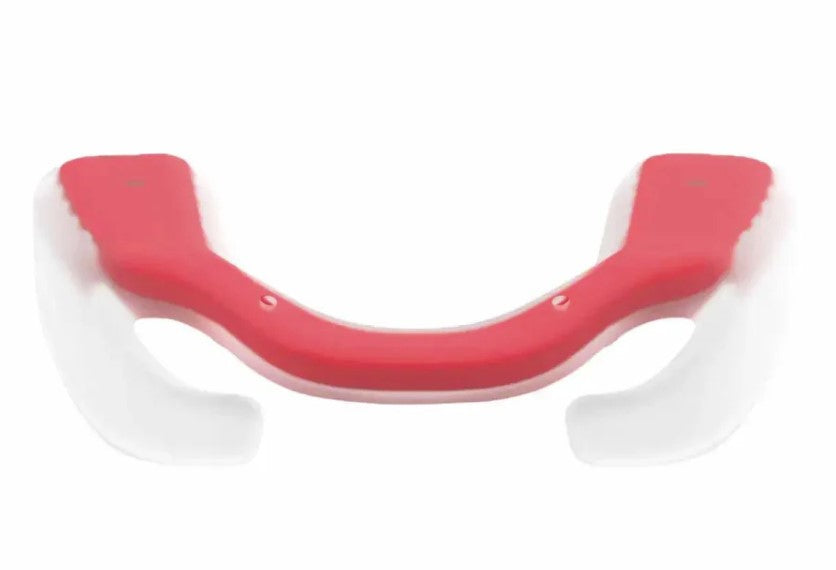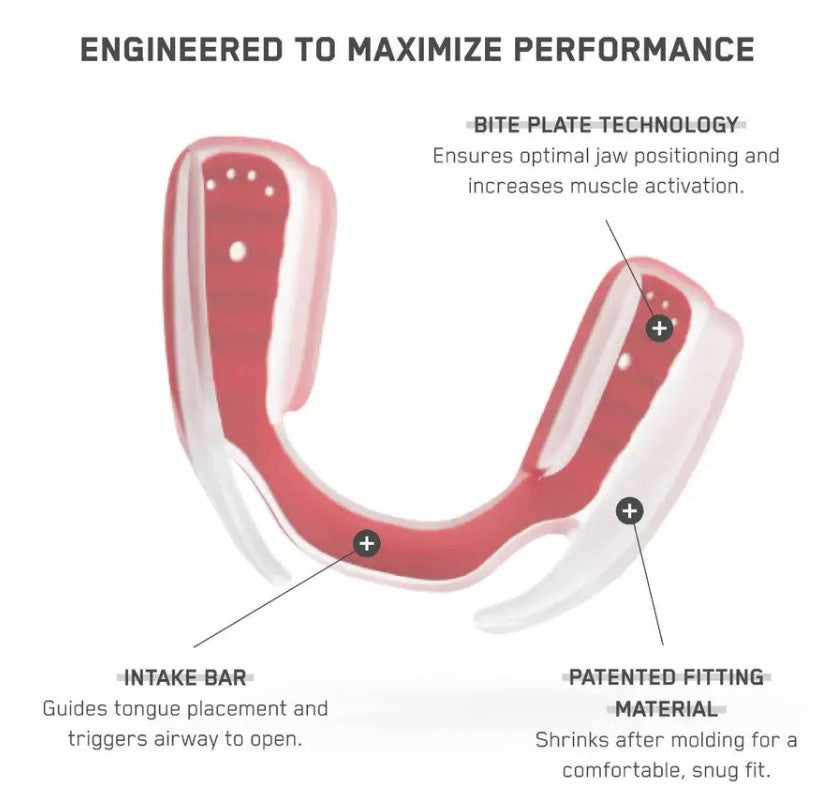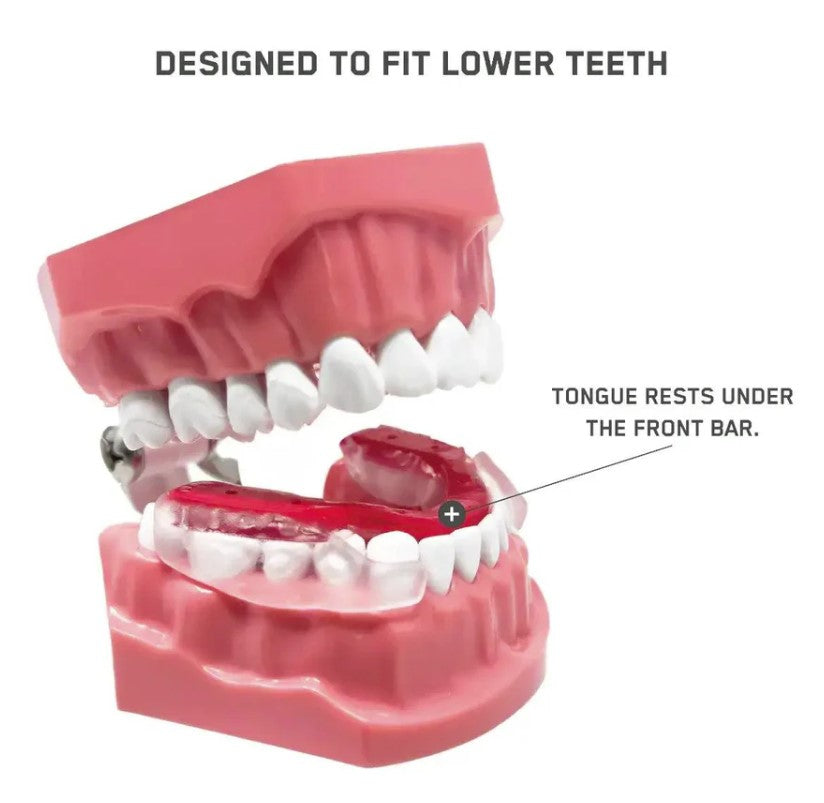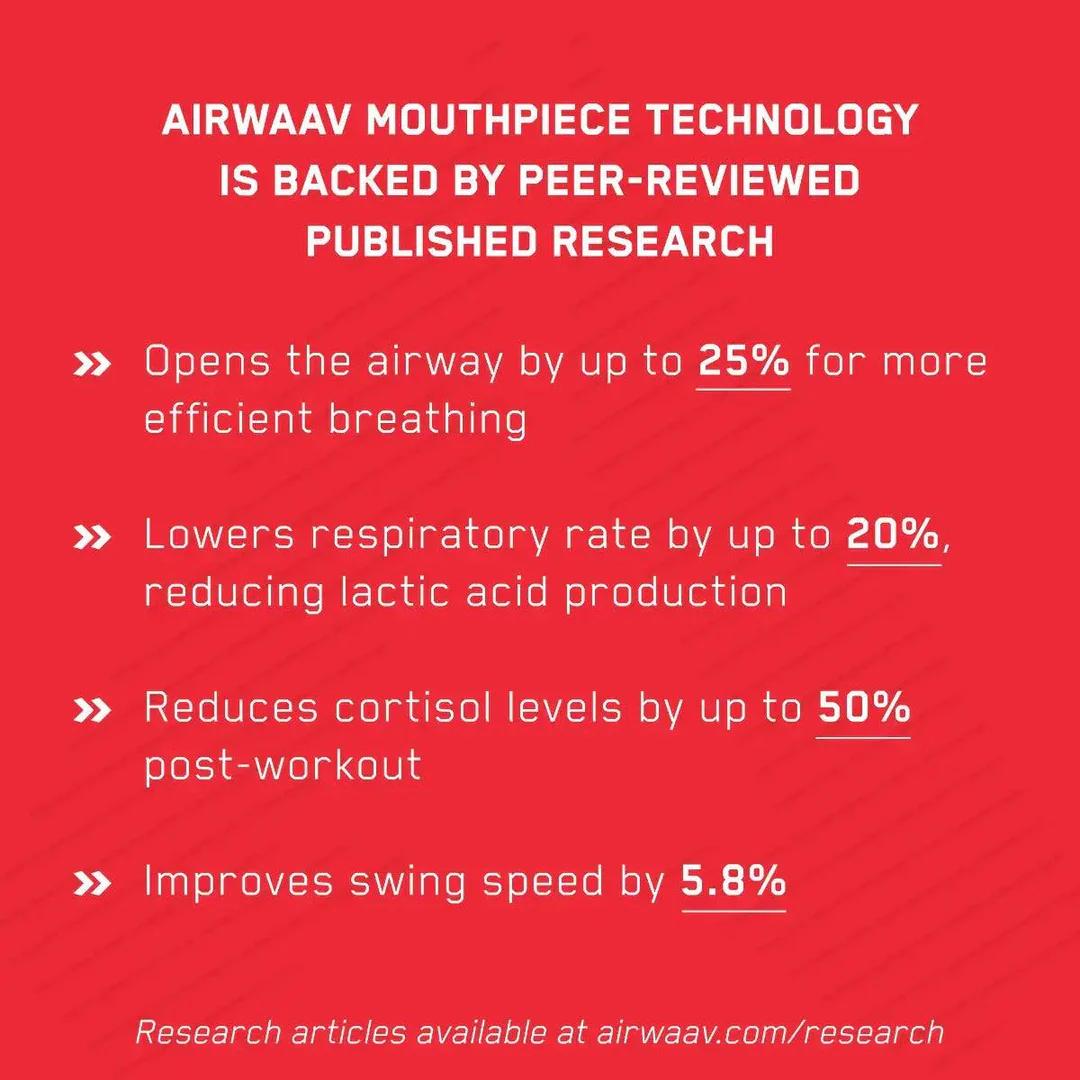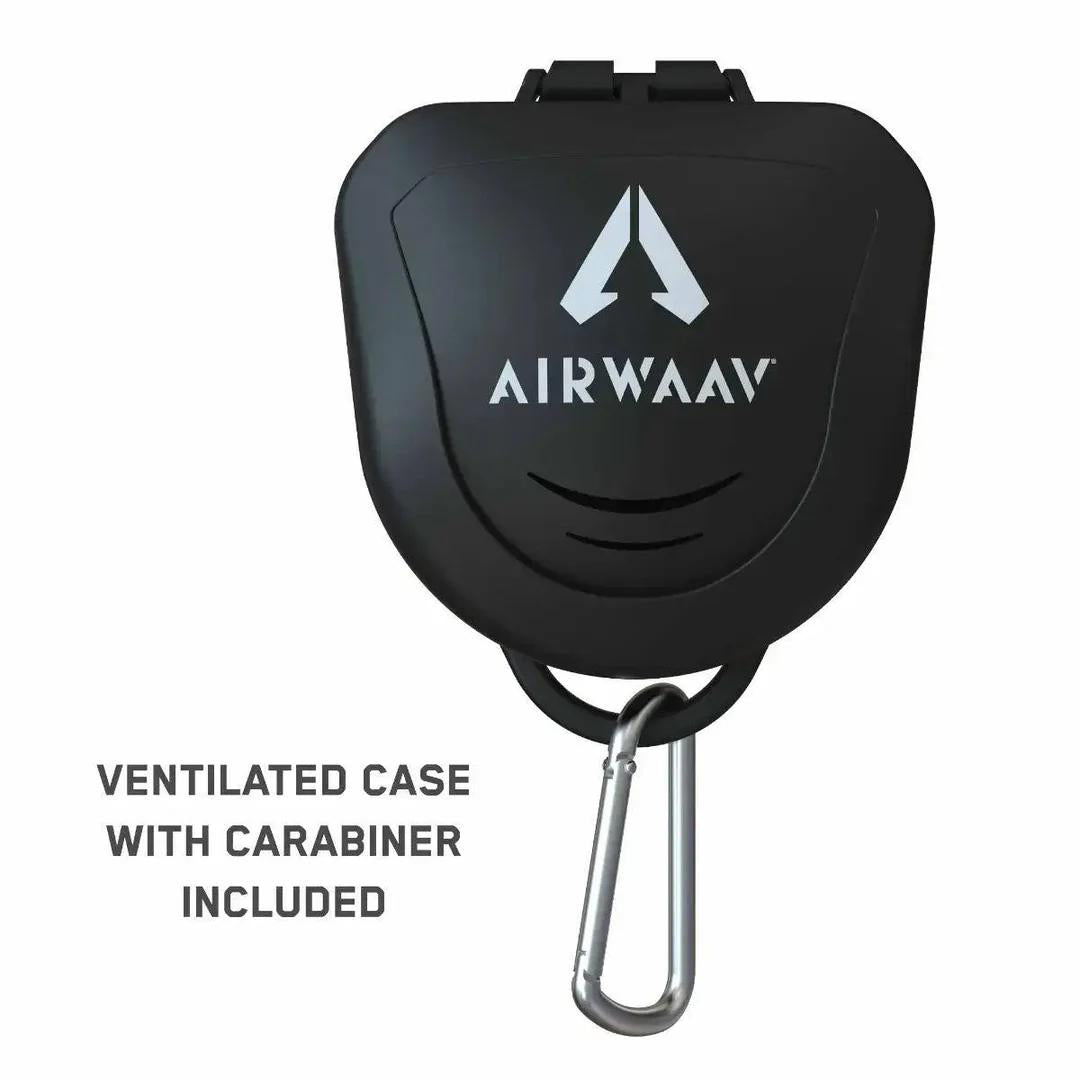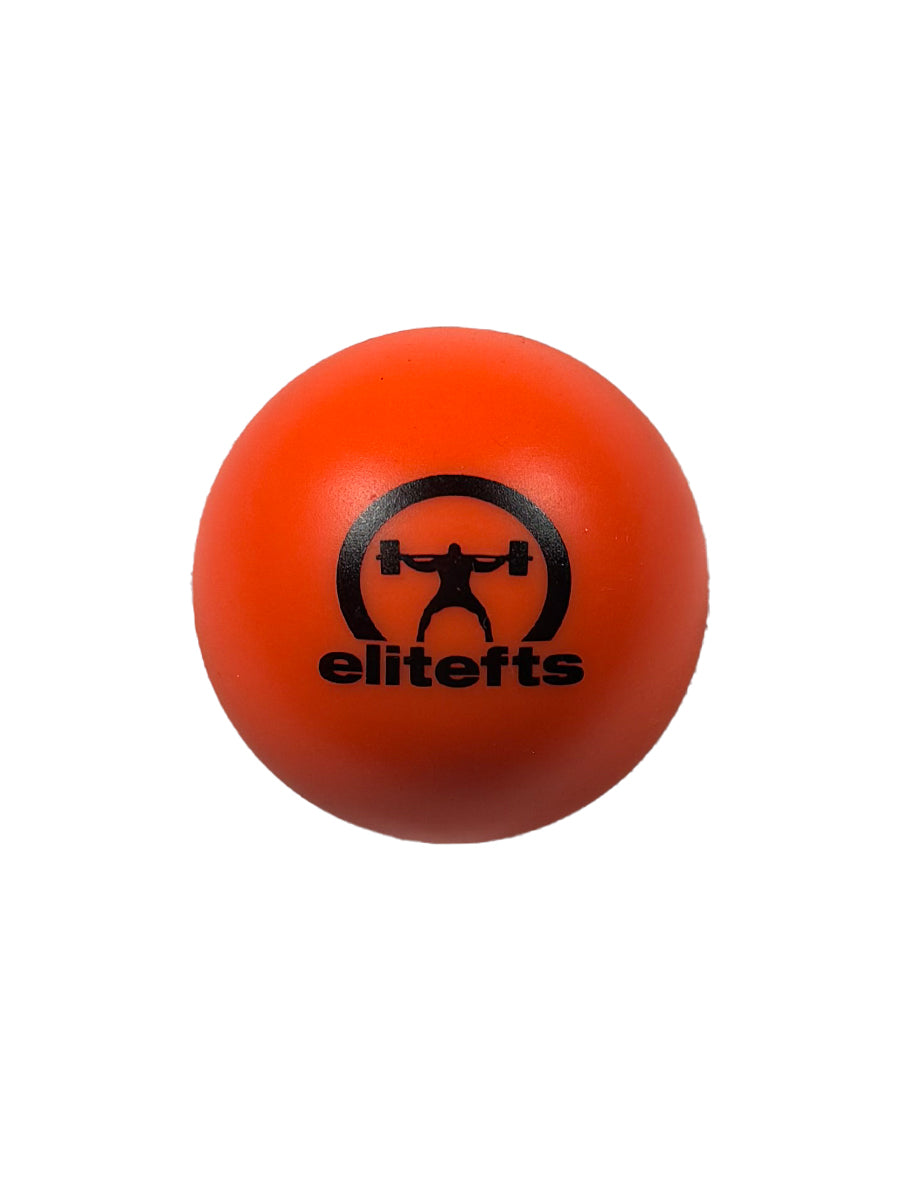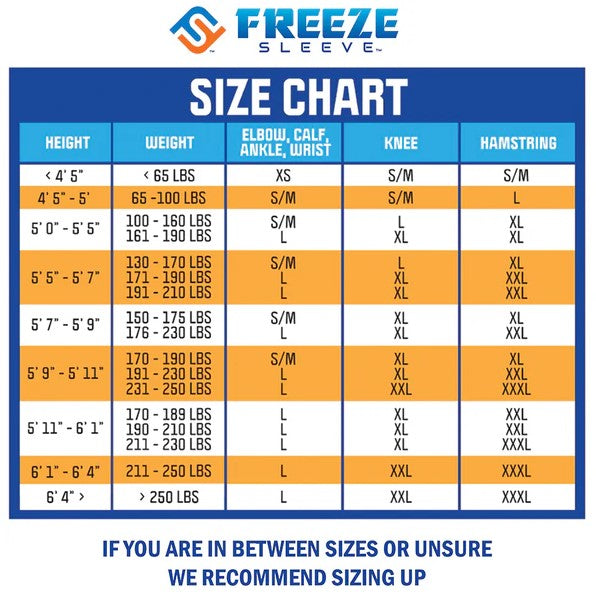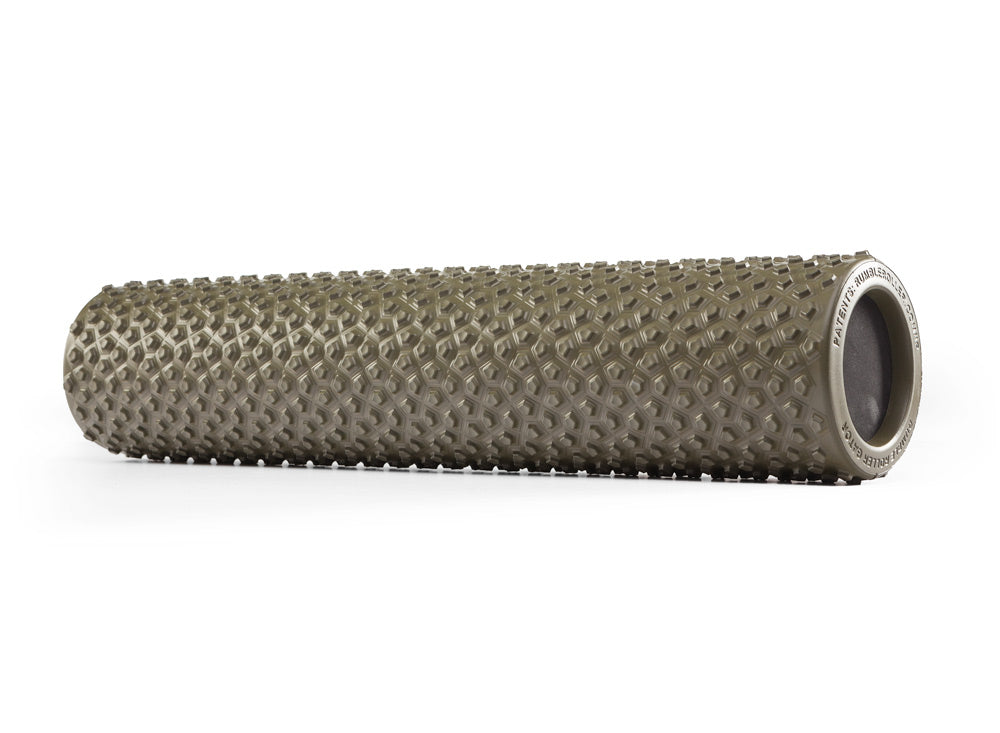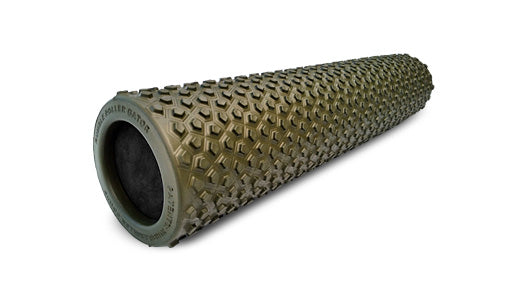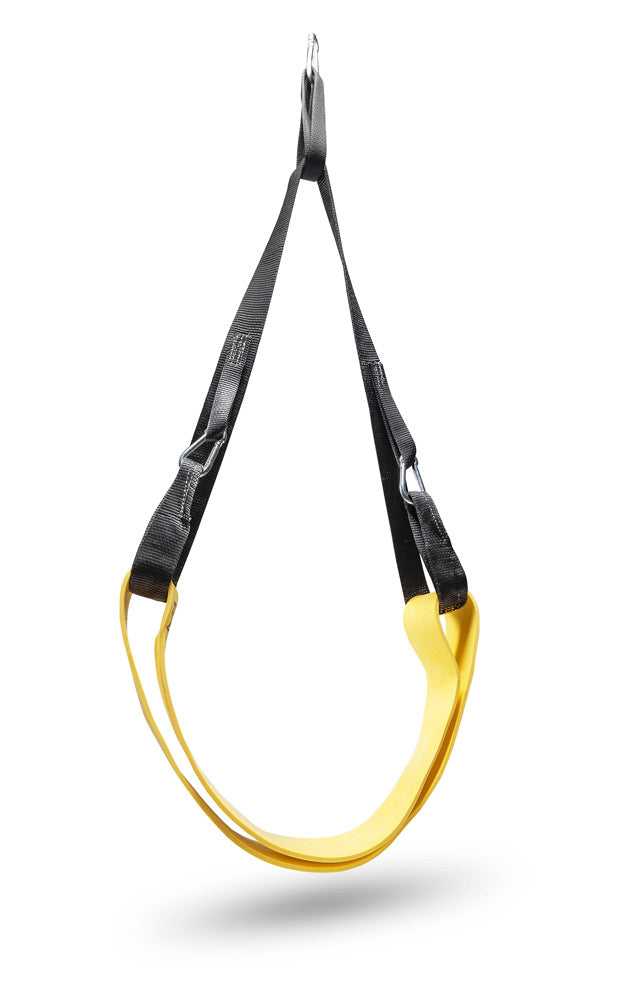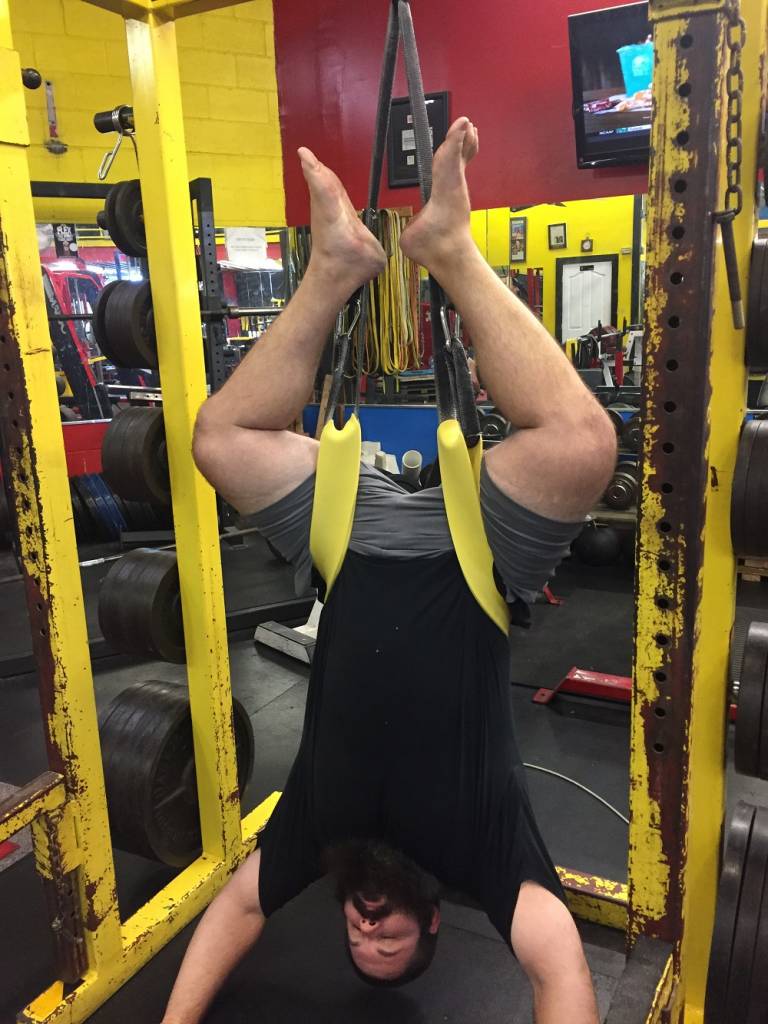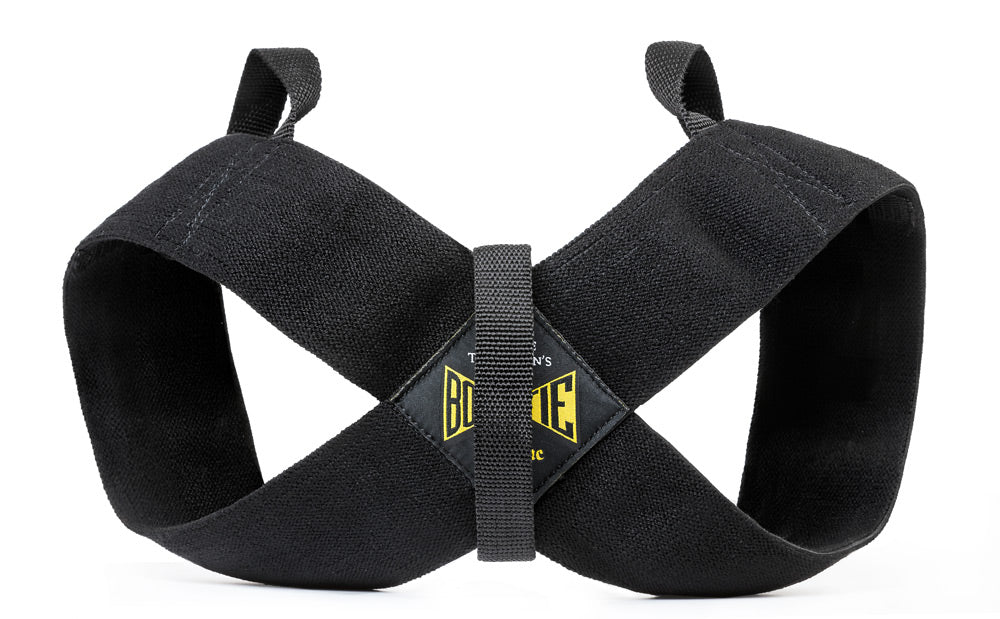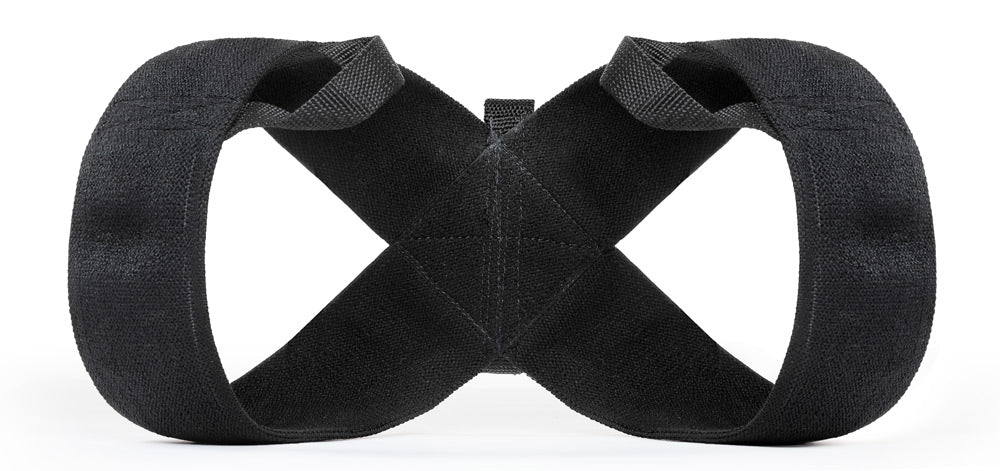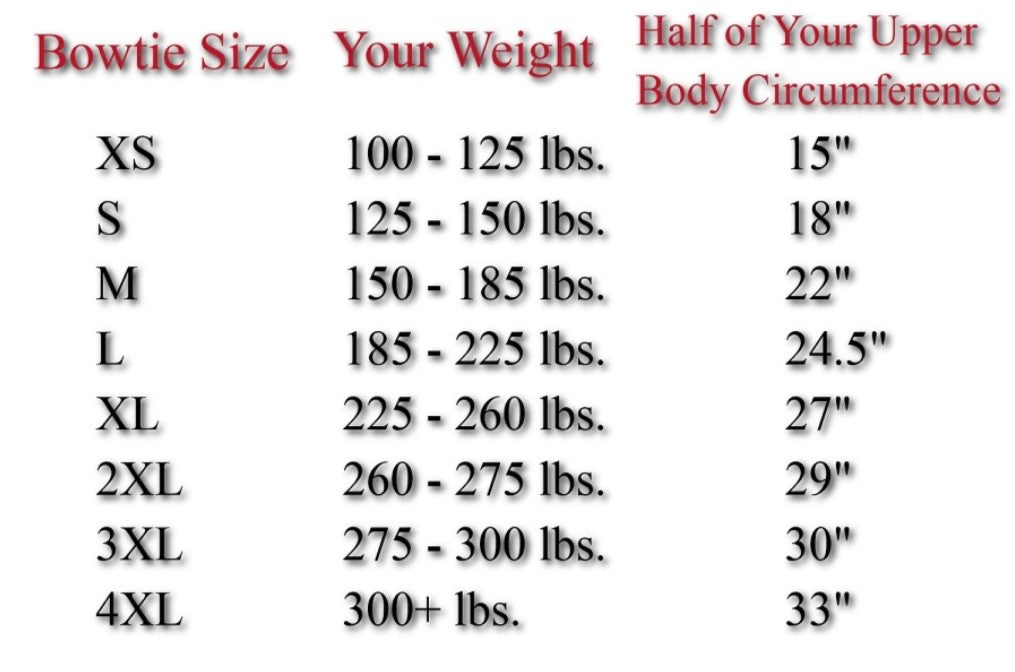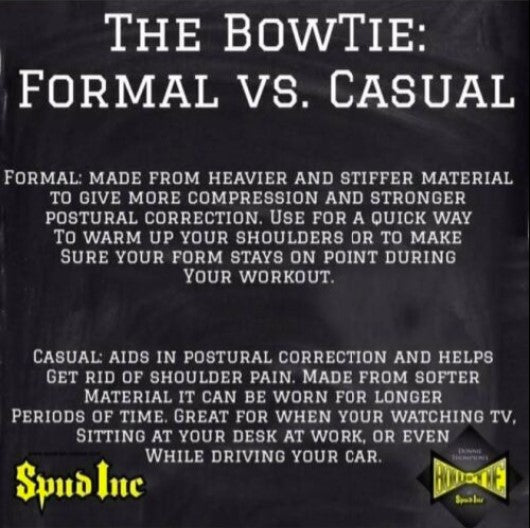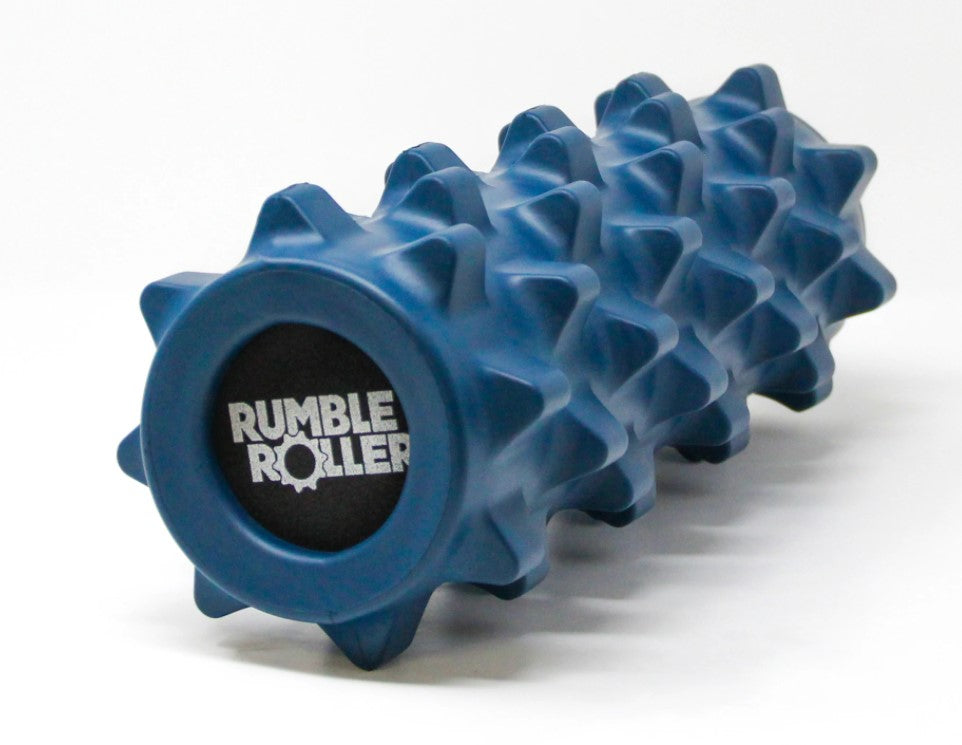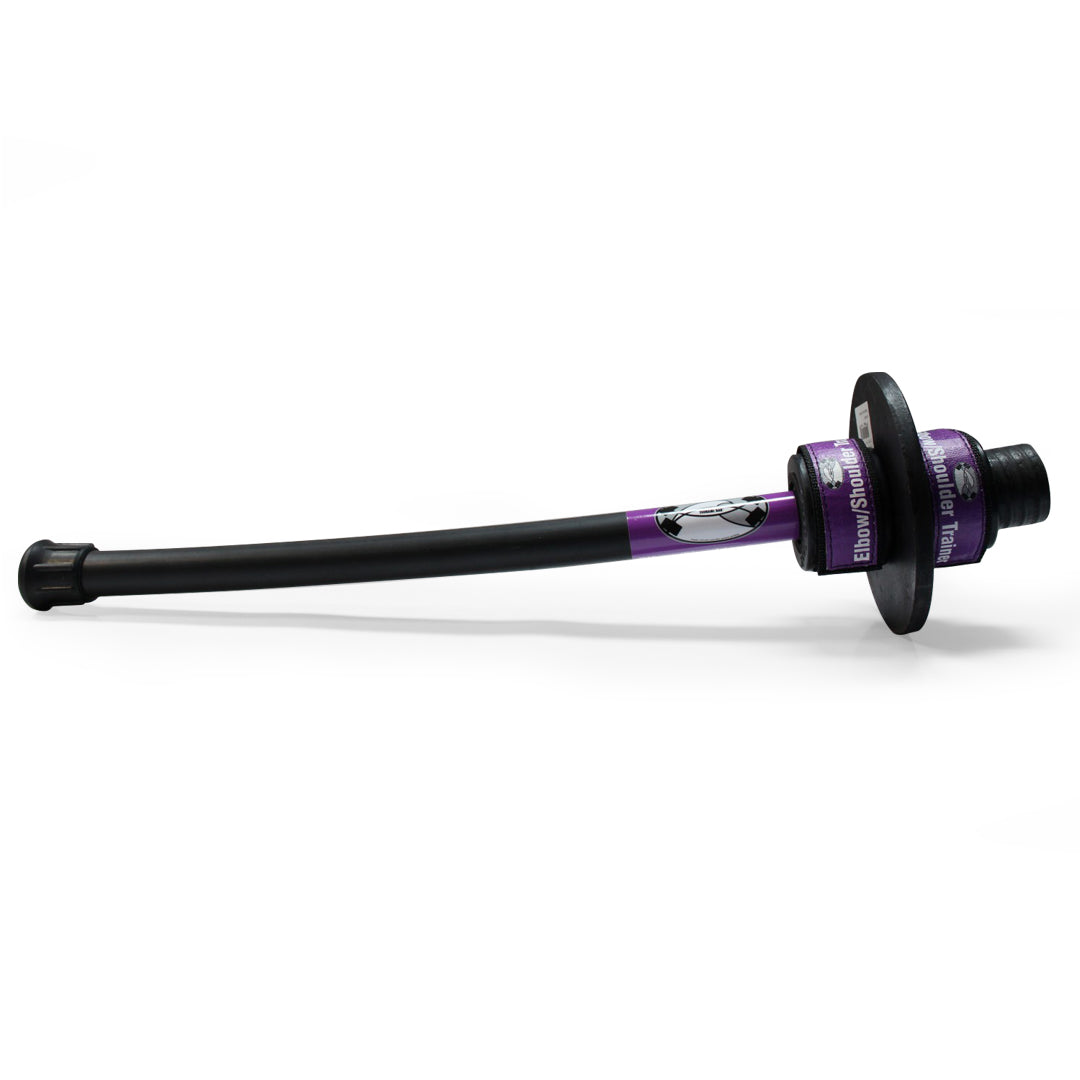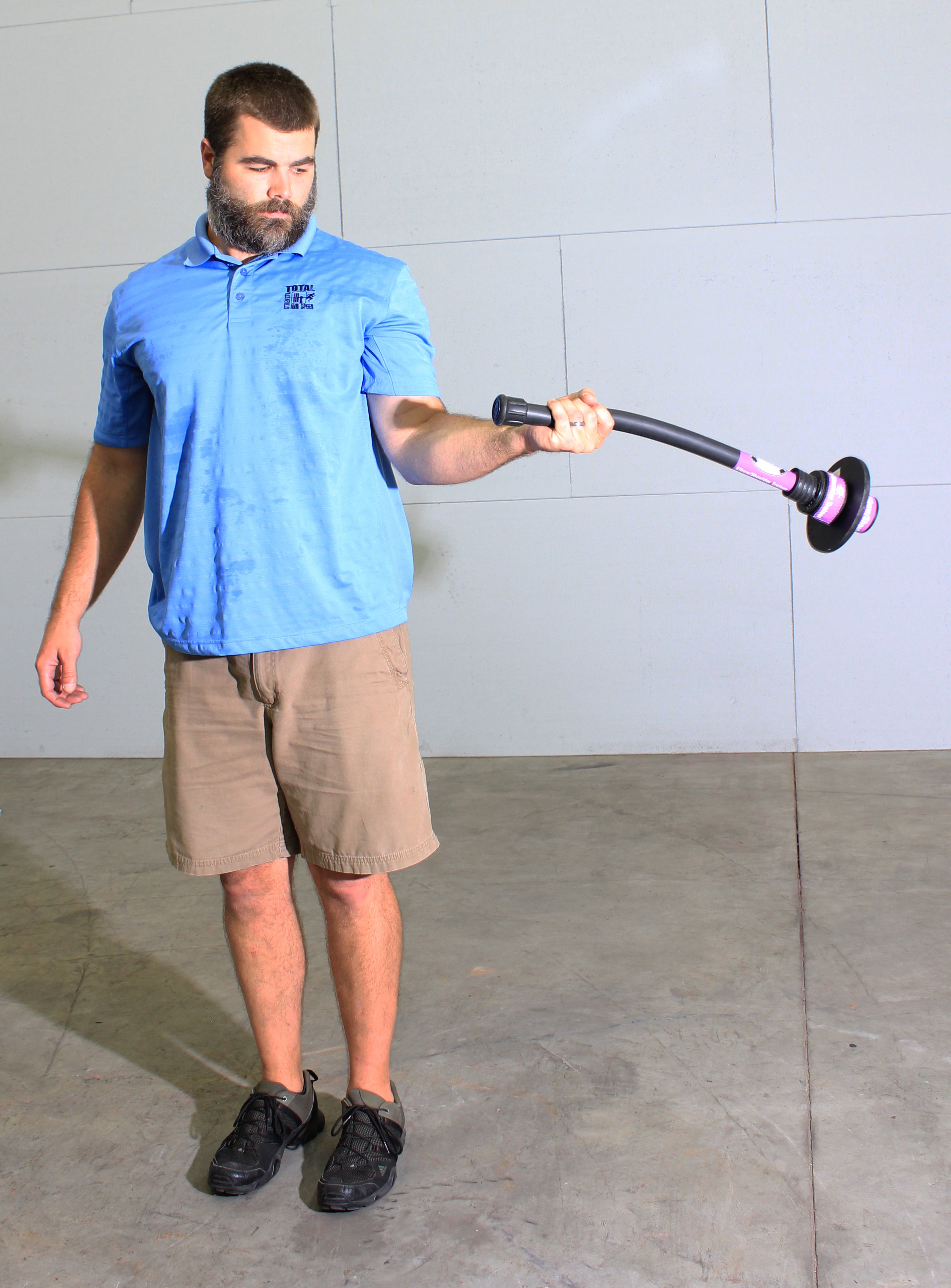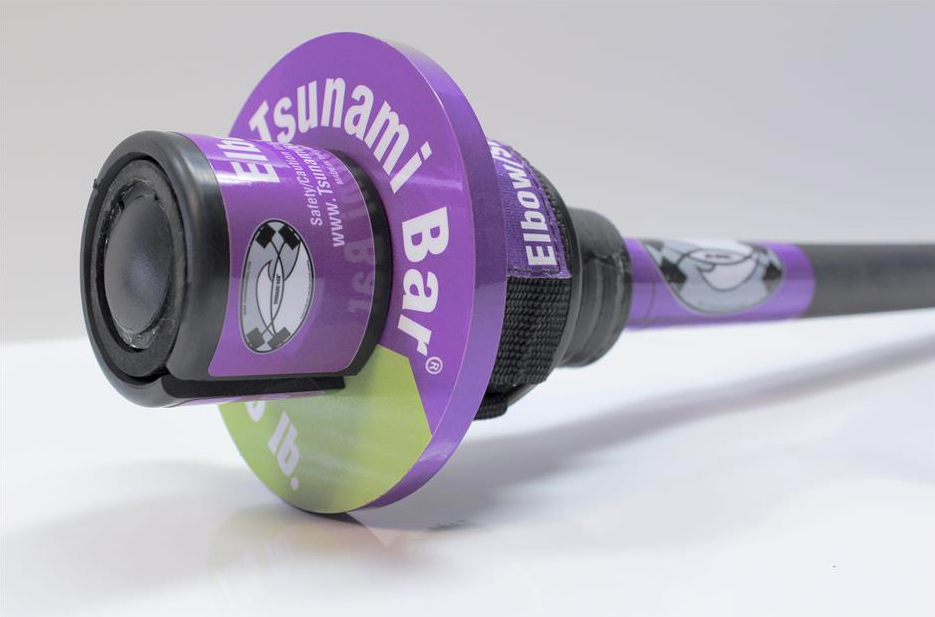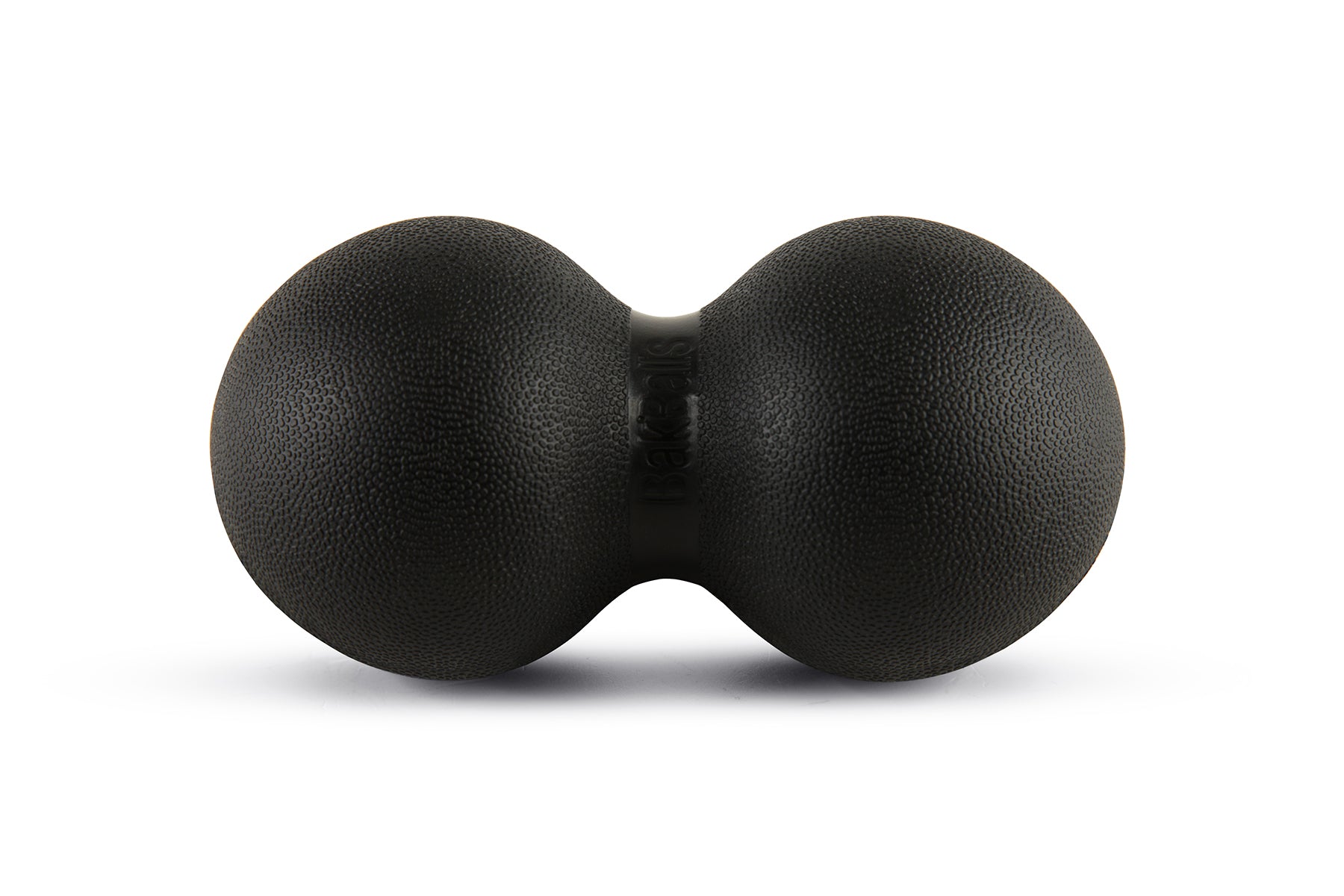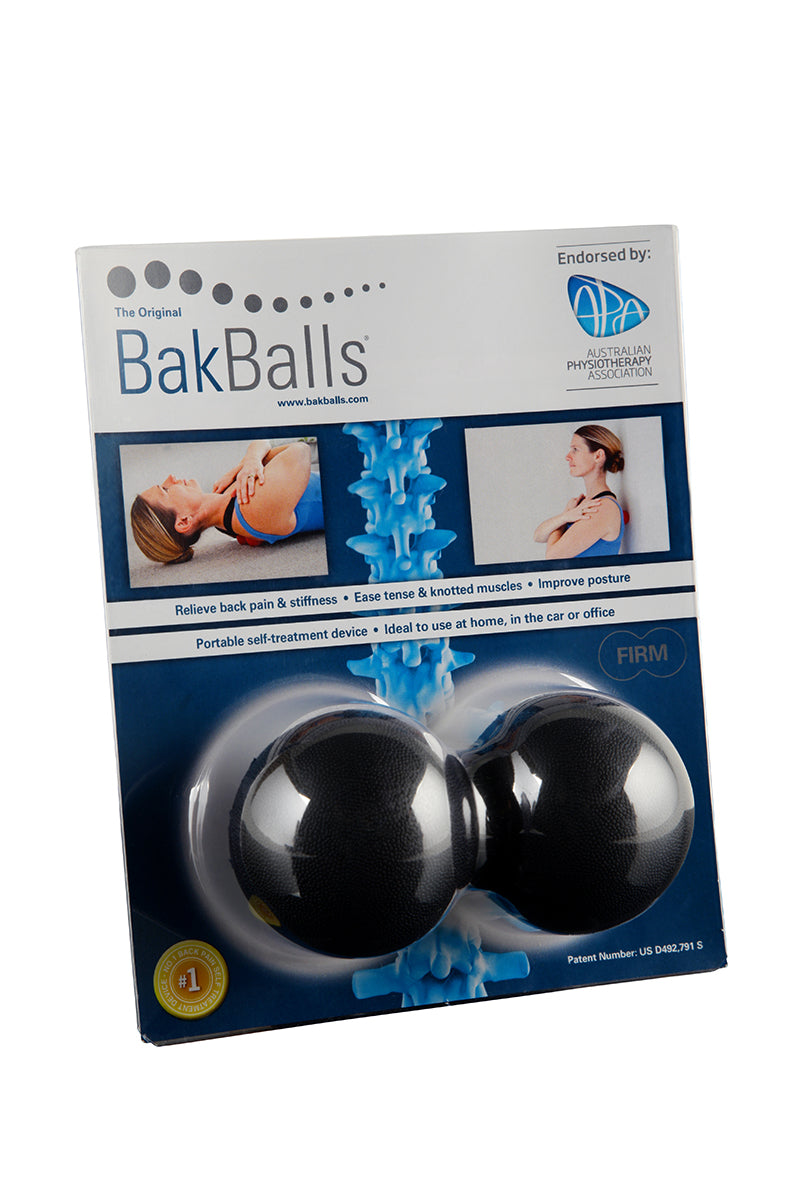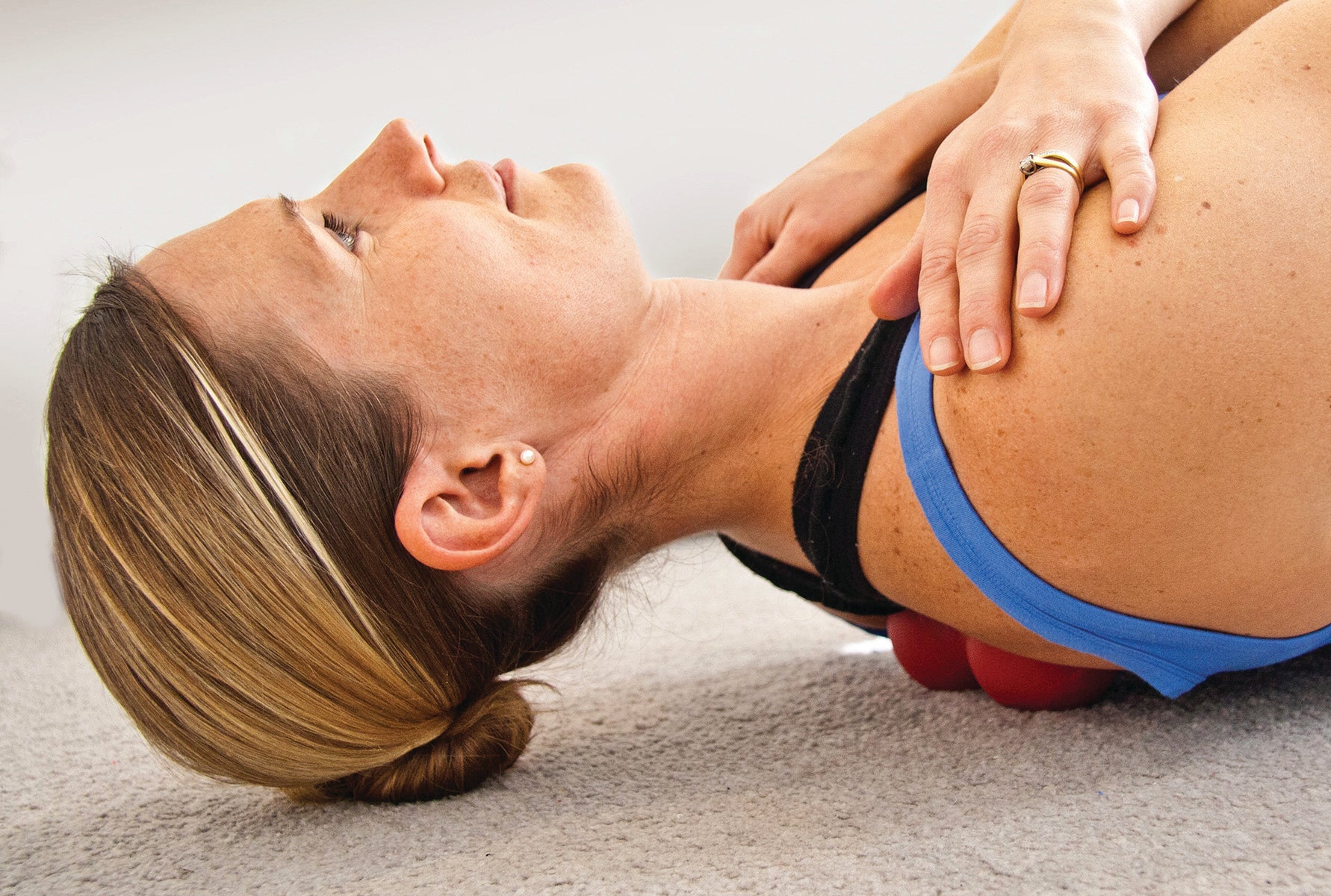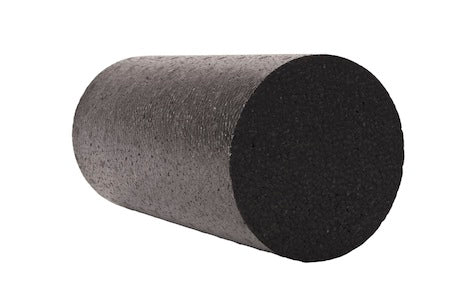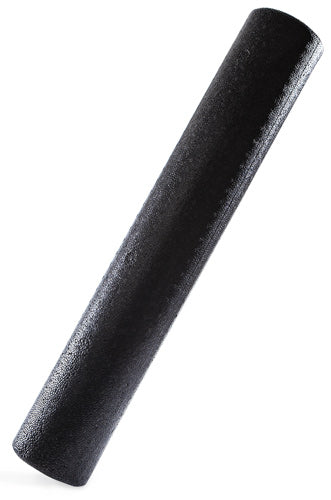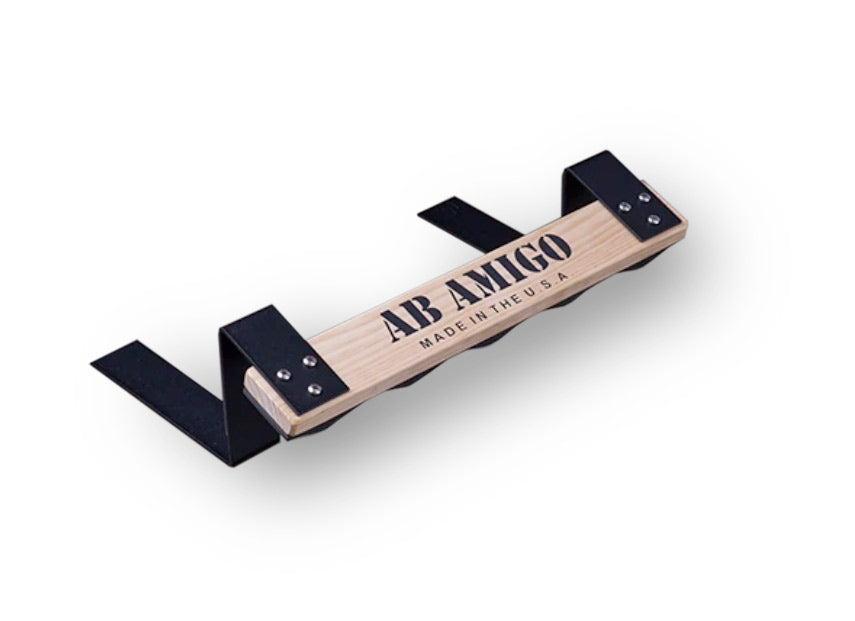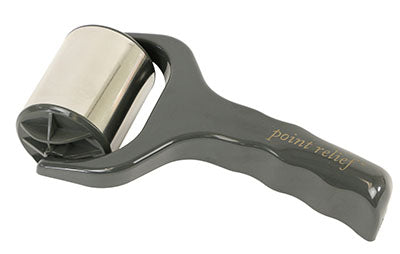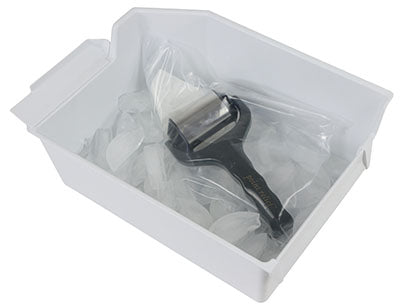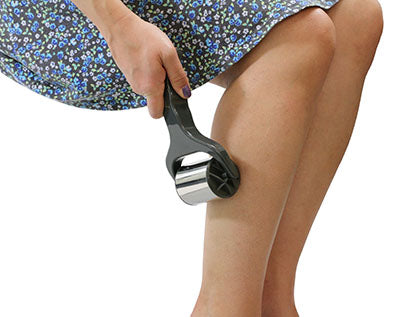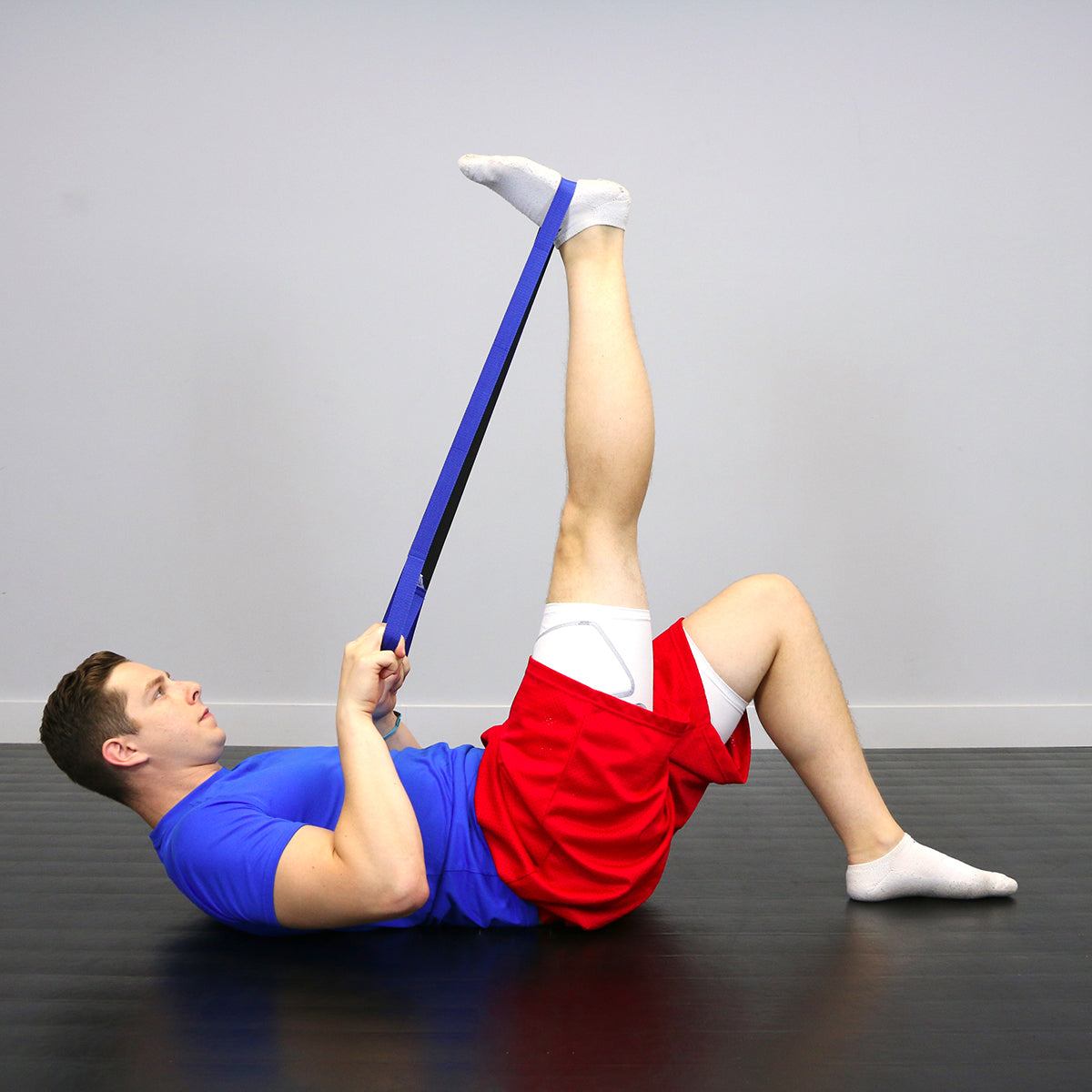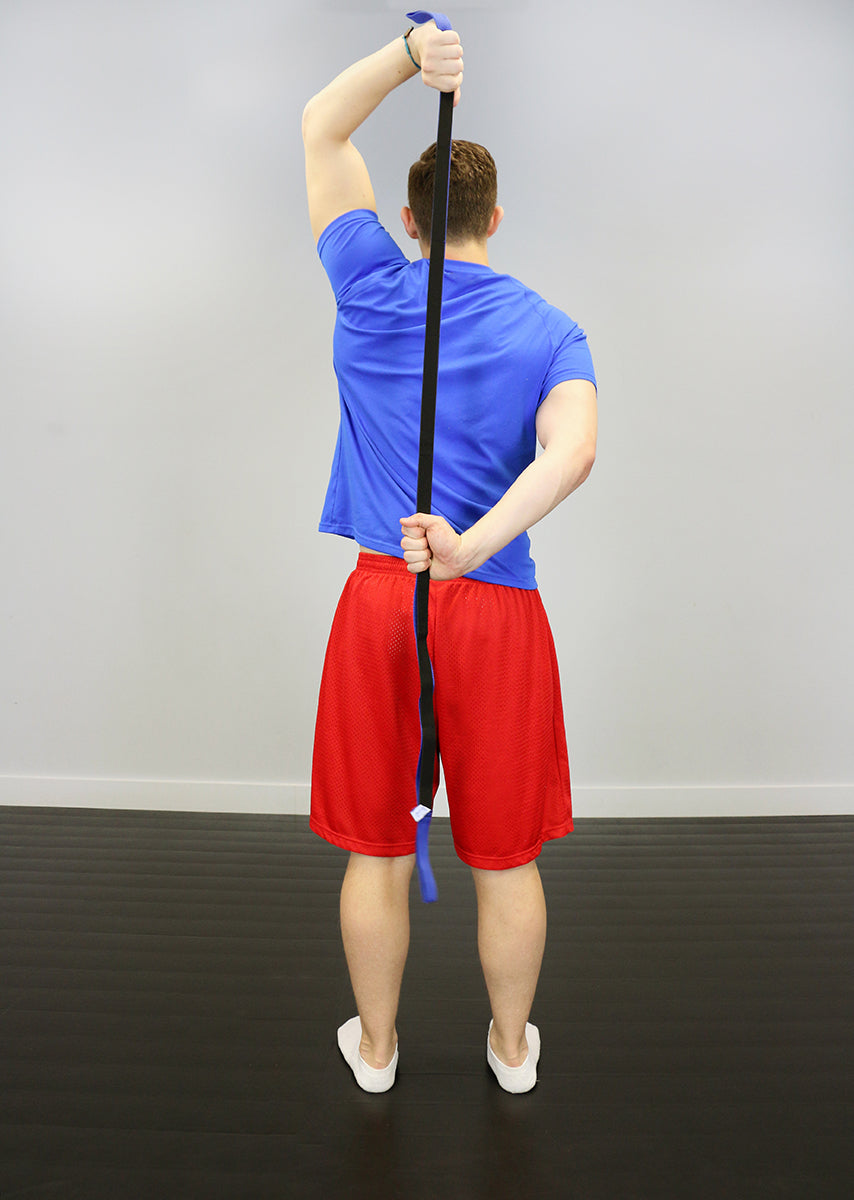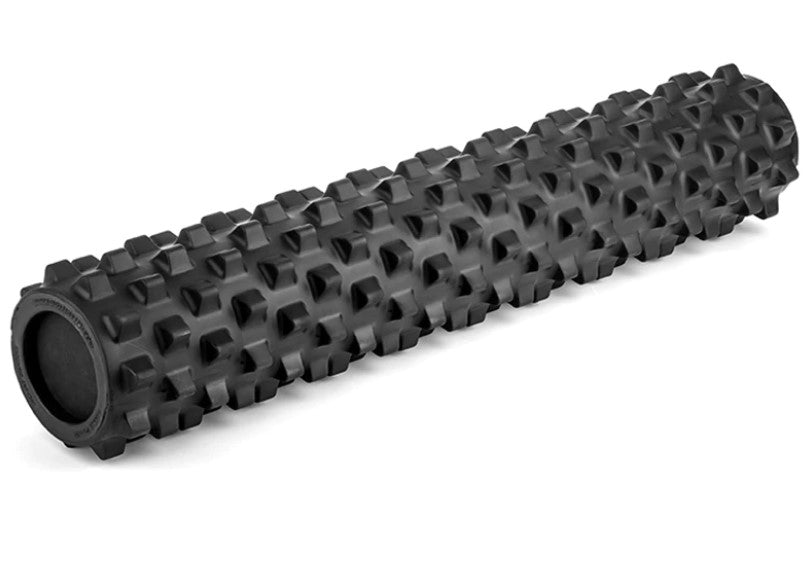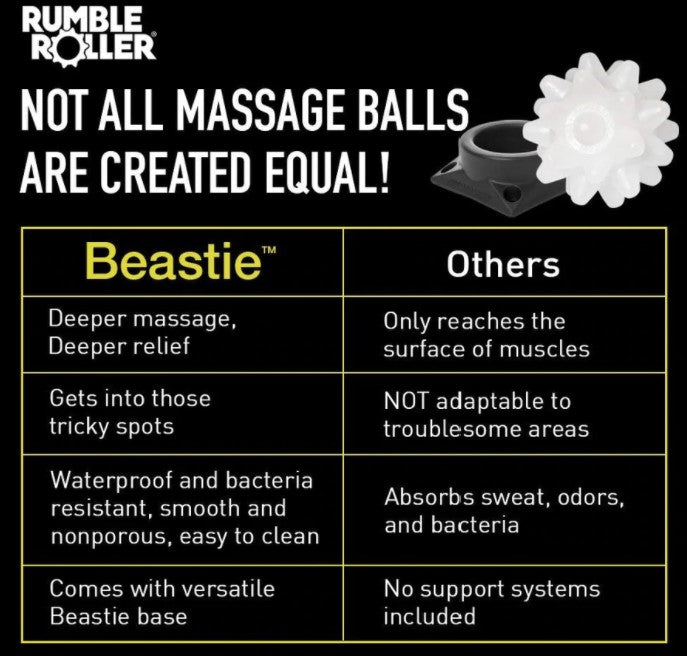
I had a difficult conversation with my best athletes this week. It is about how the state of the country and specifically our health care system will affect our training. Let me get to the crux of things. It is predicted by the best officials we have that in the next 45 days the spread of the COVID-19 virus will exponentially rise. Since this is not a math tutorial, if you really want to grasp the impact of the exponential function, look it up. I will just say here that it will rise faster than you can imagine it possibly could even in your wildest dreams. It will peak and then it will be more manageable, but right now you need to make some hard choices about your training. I suppose this is a cautionary story. But if the experts are right (and they are experts for a reason) then we are in danger of overwhelming the hospitals and their ability to care for all the COVID-19 people. There simply will not be room at the inn. But that means that there will ALSO NOT BE ANY ROOM TO TREAT ORDINARY AILMENTS EITHER! So if , for example, you were to tear a pec in training, YOU ARE ON YOUR OWN, BUDDY. A pec tear is not life-threatening and you may not be even seen. All the doctors and nurses will be trying to keep people from dying and you will be triaged to the end of the line... in about a month or two.
RELATED: 100+ Stay-at-Home Workouts and Exercises
Every time ANYBODY goes into a gym there is a risk of injury. That is known in legal terms as an “assumed risk”. But it stands to reason that some activities and styles of training hold more risk than others. The judgement you need to consider is how willing you are to employ the styles that are higher on the list now that there will be NO SAFETY NET. I am speaking to the pure strength community that I evolved from moreso than the fitness community here, obviously. My friends, it has always been a big risk to move big iron. But, as too many of us know all too well, big iron has probably led to big injury as well as big personal reward. They go together. Under the best of times if you push it to the breaking point over and over, sometimes it breaks. But we could be in the WORST of times! There will be no one to catch you this time if you fall. This makes the choice to train heavy and hard more serious and deserving of discussion. The consequences are greater now. If you screw up now, you are really screwed. This may be no fault of your own. You can NOT make the argument that you will lift “more carefully.” That is nonsense. If you are training at a high level with huge weights, then you have at least demonstrated an aptitude for establishing good technique. So what? All of a sudden you will practice “better form”? Not likely. That argument is like listening to a drunk person rationalize driving home intoxicated but insisting they will be “extra careful” because they are smashed. I don't buy it. Then there is the inherent risk of the load itself. The longer you train and the better you train the stronger you get. The stronger you are the heavier the loads need to become to produce even further gains. What I'm saying is that even with near-perfect form, the weight you are training with is itself a big risk. There is no way around it. If you are training to increase strength, your loads are in your upper range of ability. And make no mistake. I'm talking about relative ability as well as absolute strength. You can get hurt with 450 as easily as 650 depending on your relative max ability.

She's going to get treatment over your pec tear...
But you know all that. What you have to recognize here and now is what HAS CHANGED. It is not you or your goals or your strength or skill. It is the ability to get help IN THE WORST CASE SCENARIO. In about a month or two, it is likely that if you get hurt, it will be difficult to get medical attention. You need to grasp this. This is what will be different. I am a fan of Sun Tsu’s The Art of War. The lessons are not as obvious as they seem, but they have served me very well and I rely on them often. He insists that leaders be diligent in assessment of the battle BEFORE THE BATTLE. Specifically here, I want to emphasize the importance of looking at ALL the possible outcomes. In particular THE WORST CASE SCENARIO. You may be averse to this and say that you don't want to look at the negatives, only the positives. I understand that. But Master Sun would call you a fool. In fact, he does! You are not focusing on the negative outcome, only assessing it and mostly, PREPARING FOR IT. You are not to dwell on it, only be ready in the event that it turns out to be true. He stresses that you consider everything and be ready for anything. He is telling us not to get caught with our pants down. He is telling us that not everything goes exactly as planned. If you can live with the worst-case scenario, you can attack. But if it will destroy you should it occur, you must retreat and fight another day. That is the crux of what I am saying. If tragedy strikes and you are OK with that and can live with it, you can proceed. If tragedy would end you, you must abstain. Tragedies happen. Can you handle it? With no medical help? The discussion I was having also factored in the reward that training gives us. For lots of “us” it is one of the richest things in life. We have found in the gym purpose, growth, satisfaction, and fulfillment. Believe me, I understand that. I know a guy. The trade off of changing your training toward a less risky style has to be balanced with reward. The way I see it, you have to weigh out the risk of injury and the more severe consequences of the possible lack of medical attention in these unusual times with the sense of accomplishment and satisfaction that comes with training on a daily basis. After all, there is a REASON you train so hard. We all train for our own reasons. I do not know if everybody gets the same things out of it that I do and did when I was competing. But I know my athletes. This will be a tough, serious choice for them. Most competitors throw all caution to the wind and accept the risks blindly. I have been around enough top competitors to know this. To many of them this is no different than any day in the training cycle and it matters not a bit that things outside the gym have changed. The gym and the weight are constants in a world of uncertainty and it is a sanctuary from the world that can be counted upon. The hours spent there are different from the rest of their lives. To change it at all is sacrilege. I will plainly admit that I don't know what I would do now if I were competing. I am not sure that I would be able to consider taking it easy for a few months to be certain that the health system did not collapse. Unless you have sustained an injury from lifting, you tend to believe that you are invincible. Especially as you get stronger and stronger. I may be preaching to the wind.
MORE: Add Online Training in 24 Hours: The Step-by-Step Plan
But consider that the collapse (if it even occurs) can and will only last a short while. You should consider laying off somewhat in intensity of workload and explosive style training. There are plenty of things you can spend countless hours in the gym doing. How is your technique, after all? How about your flexibility? What about a cutting cycle? Or even a bodybuilding/hypertrophy cycle? The intensity can stay elevated without the loads and explosiveness. Might you be able to benefit from a bit of this? How long has it been since you gave your body a rest? Think of the things that you CAN do to lessen the chance of injury. Read copious amounts of articles about injury prevention. Educate yourself. Then if you decide to go full steam, at least you can make more educated choices. Are you an expert in injury prevention? Now is a good time to move in that direction. Read. I harp on recovery so much that I will spare you all that now. But if you keep training hard, maybe you can lower your risk by increasing your recovery. How's yours? Can you do better? There are many, many great ways to train that attempt to lessen the risk of injury. Look at them. Maybe for a short time you will be able to lay off the heavy, hard, violent stuff and still grow and feel rewarded. Lots of programs are out there with merit. I'm not just saying train light. That isn't at all what I mean. But there are people expounding using heavy weights in a different style that they claim lessens the risk. There are zero studies that have used two training styles and pushed people until half of them get hurt to establish a corollary of an LD-50 like in drug studies. An LD-50 keeps giving higher and higher doses of drug to 100 rats until half of them die from it. It is the Lethal Dose for 50% of the group. We can't do studies like that to find out the “toxicity” of training styles and program loads. But we all have common sense. Read about them and use your head. Listen to reason and decide for yourself what makes sense to you. This will pass. Training will resume as usual. Maybe you don't feel that you have any time to waste on alternate programs. OK. I do understand and I've admitted that I would have a difficult time myself as an athlete going off program. But the beauty of being a coach is that I have some distance with which to view things. Since this will be over in probably a year or so, when they get a vaccine or at least some treatment drugs, can you consider some other ways of training? You should think this situation through. I have an athlete right this minute that is peaking and setting personal records every week. I'm not sure what they will decide. The risk may be worth the reward. That is their decision to make. My role is to make them aware of the whole picture. Not to decide for them. The conversations that I am having right now go far, far deeper and are much more emotional than this article can attempt to do. But remember what Sun Tsu warned us about. We must be emotionally ready to manage the best and the worst outcomes. If you refuse to think about it, I already know where you stand emotionally. Think this through. Please. I will not judge you for staying the course and taking risks. Hell, I took plenty! I will only judge you for being immature for not thinking this through and making an informed, aware decision. It is OK to get hurt going after the things you want. But this just may be the worst time ever in America to get hurt. Weigh things out. You will have to live and die by your choices. Now, more than ever you should think before you act. Just understand that the consequences are different than they were last month. Believe me, I do not want to be the bearer of this news. But I know how athletes discard risks. They ALL believe it can not happen to them. And therefore are NEVER ready for the worst-case scenario. I am not being negative here! But I would be a piss-poor coach if I also ignored the very real and very serious increase in risk to heavy lifters right now. So...there you go. Think about it.
Image credit: microgen © 123rf.com








